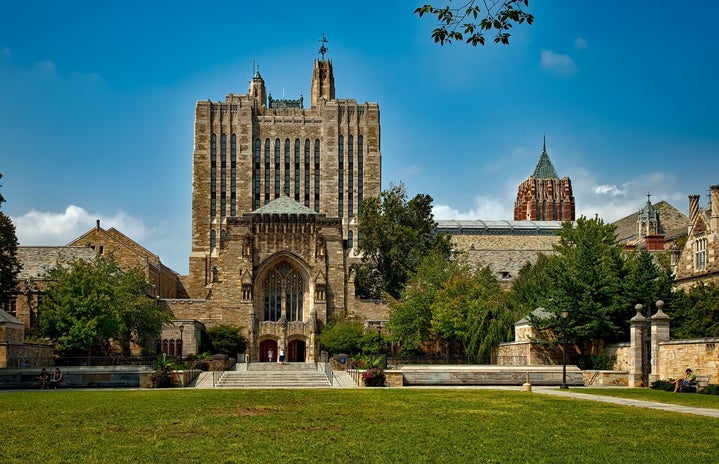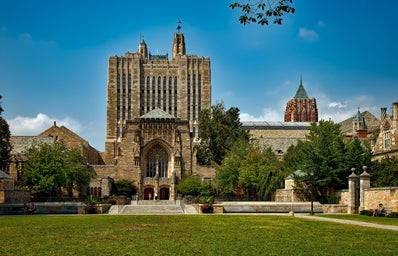A Gallup survey released on Monday shows college students’ thoughts on the First Amendment. The survey was timely, given the tension on many campuses regarding some college administrators lax policies on discriminatory speech and racism. Gallup, along with the Knight Foundation and Newseum, surveyed 3,000 students between the ages of 18-24.
78 percent of these students want all speech and perspectives to be accepted on campuses, while the remaining 22 percent believe that colleges should not allow speech that could be taken offensively by others, because it would lead to a more positive learning environment. So maybe people should chill out about the coddled college students who want to live in a protective bubble. Over 60 percent of college students do think that colleges should be able to restrict hateful slurs and other intentionally offensive speech, as well as costumes that perpetuate ethnic stereotypes.
The survey organizers wrote that “Students do appear to distinguish controversial views from what they see as hate speech—and they believe colleges should be allowed to establish policies restricting language and certain behavior that are intentionally offensive to certain groups.”
However, 54 percent of those surveyed said that formal limitations on speech would prevent them from expressing their true beliefs, because certain people may find their beliefs offensive.
According to The Huffington Post, race is a factor too: “Only 39 percent of the black students in the survey reported feeling less confident in the right to peacefully assemble, compared to 70 percent of white students.”
One surprising finding was that college students are actually more confident in free speech rights than U.S. adults overall—76 percent of college students think free speech rights are secure or very secure, while only 58 percent of U.S. adults feel the same way.
This survey has sparked many questions since its publication earlier this week. It begs the questions, who gets to decide what speech is ‘intentionally offensive’ and when does censoring speech become a violation of First Amendment rights? Do college students need to toughen up, or should colleges be a safe space where nobody is offended?


